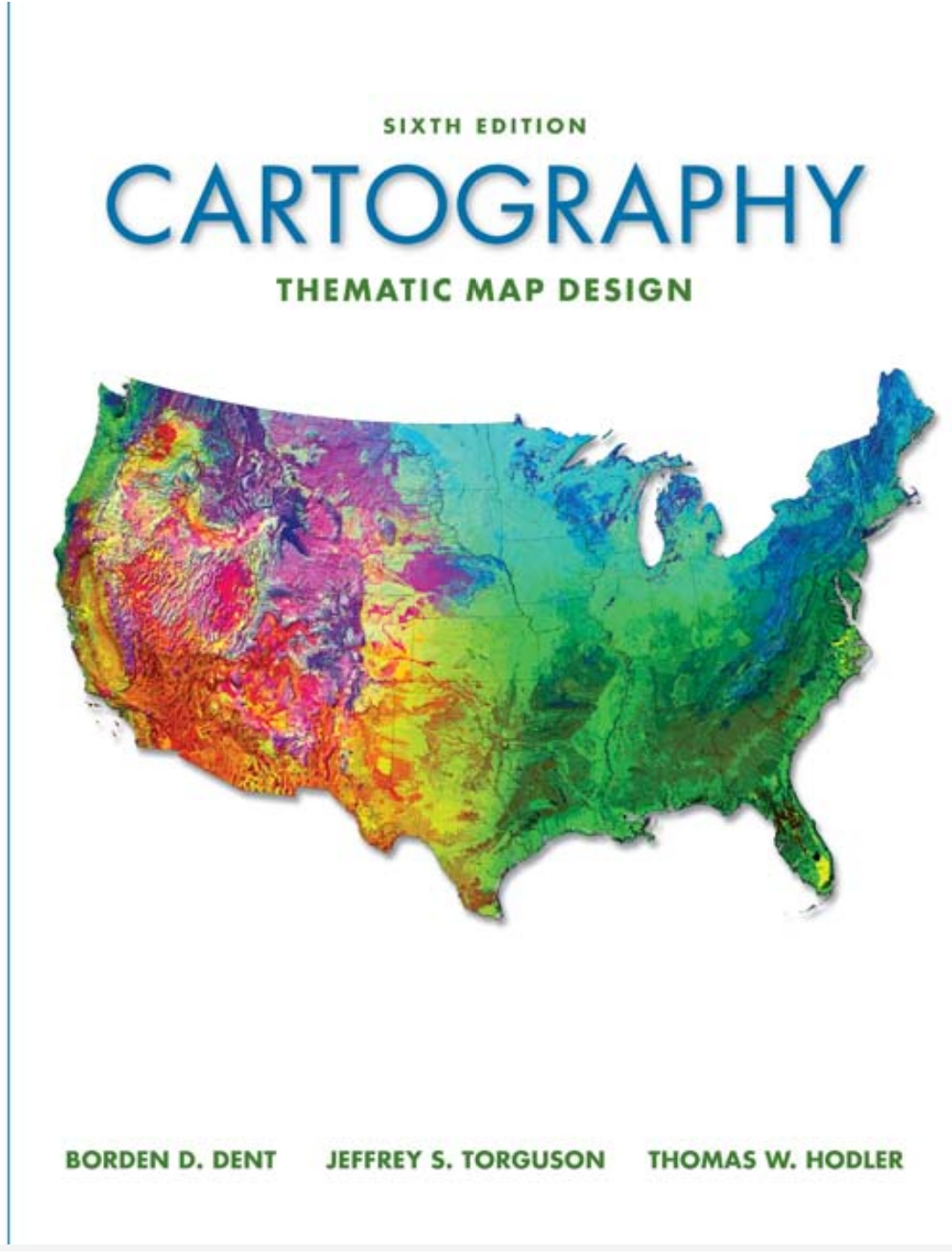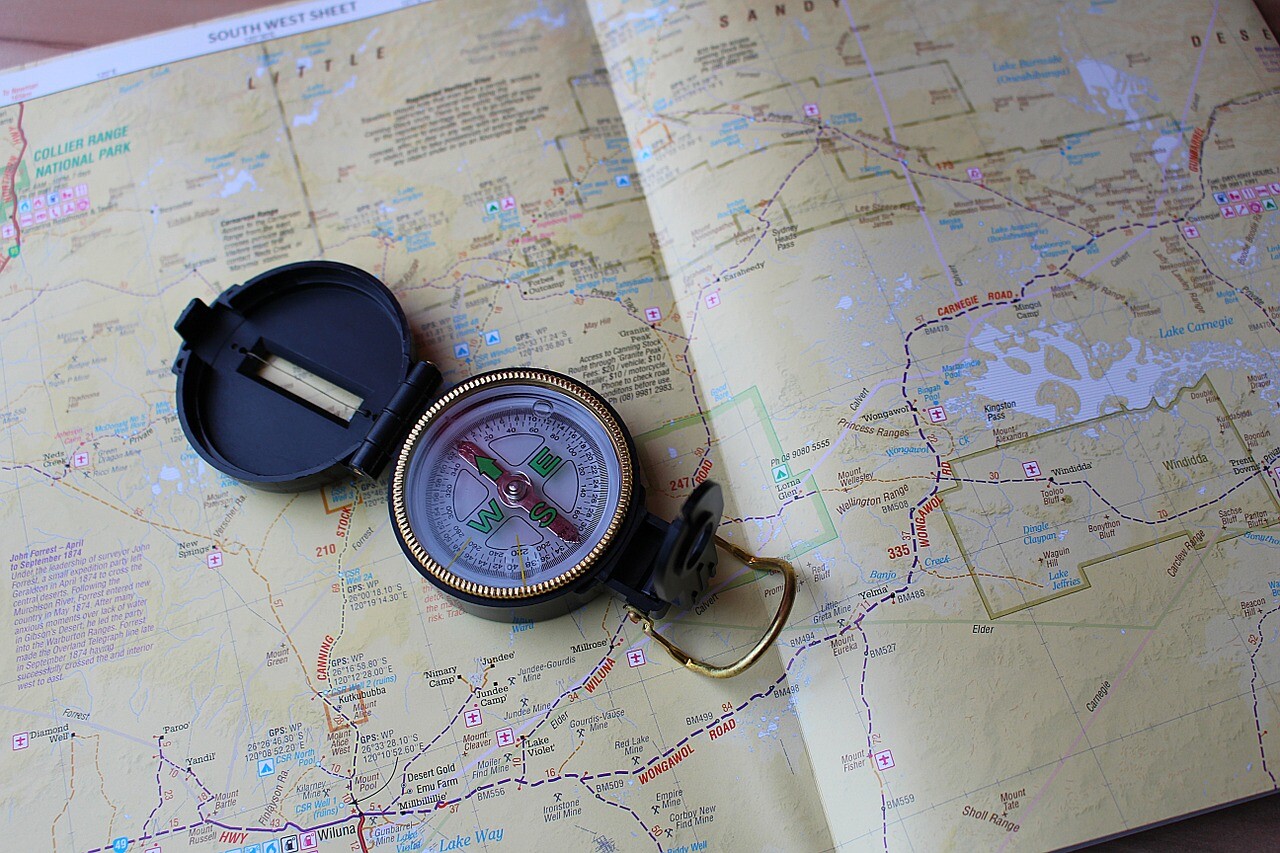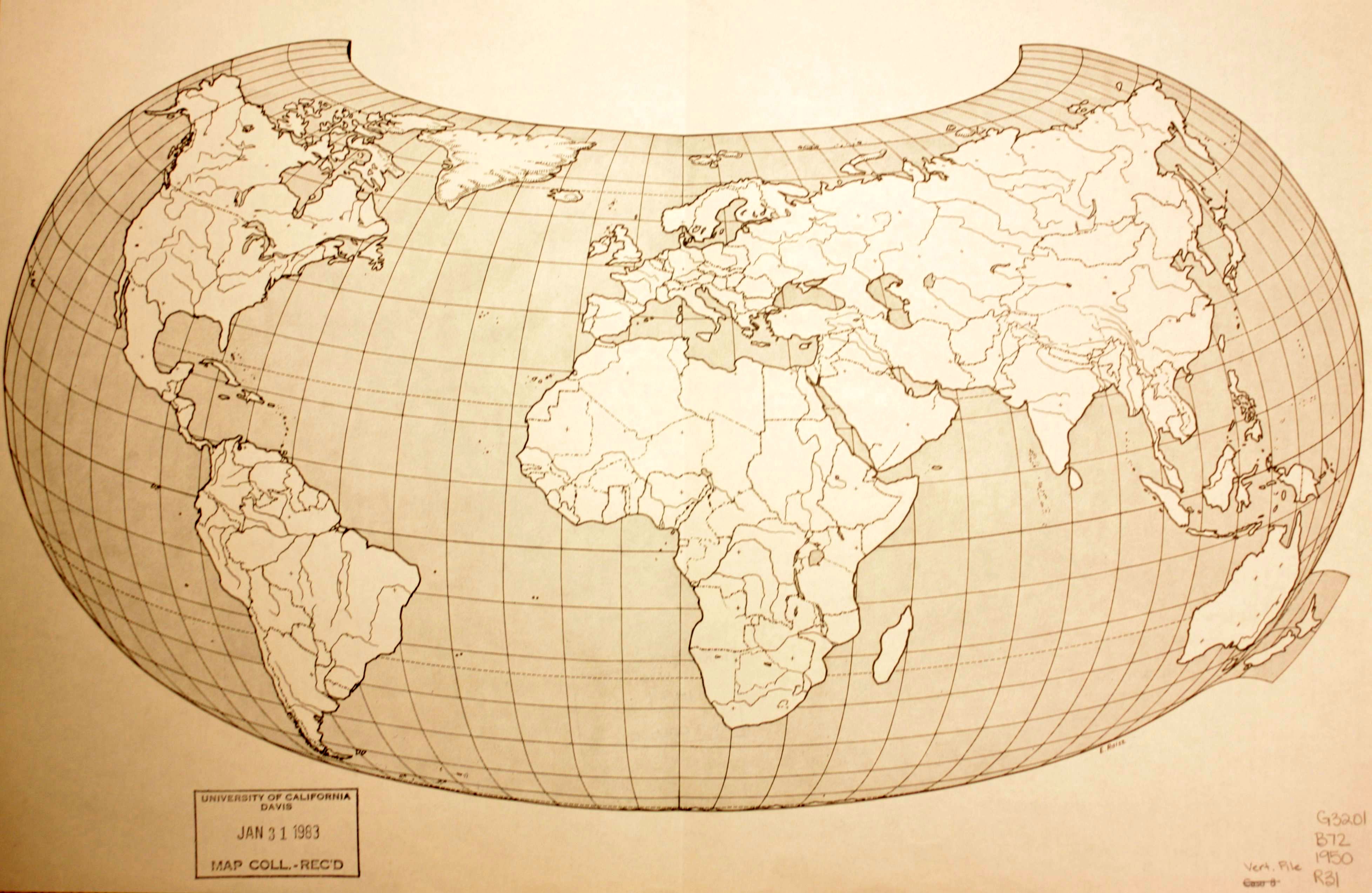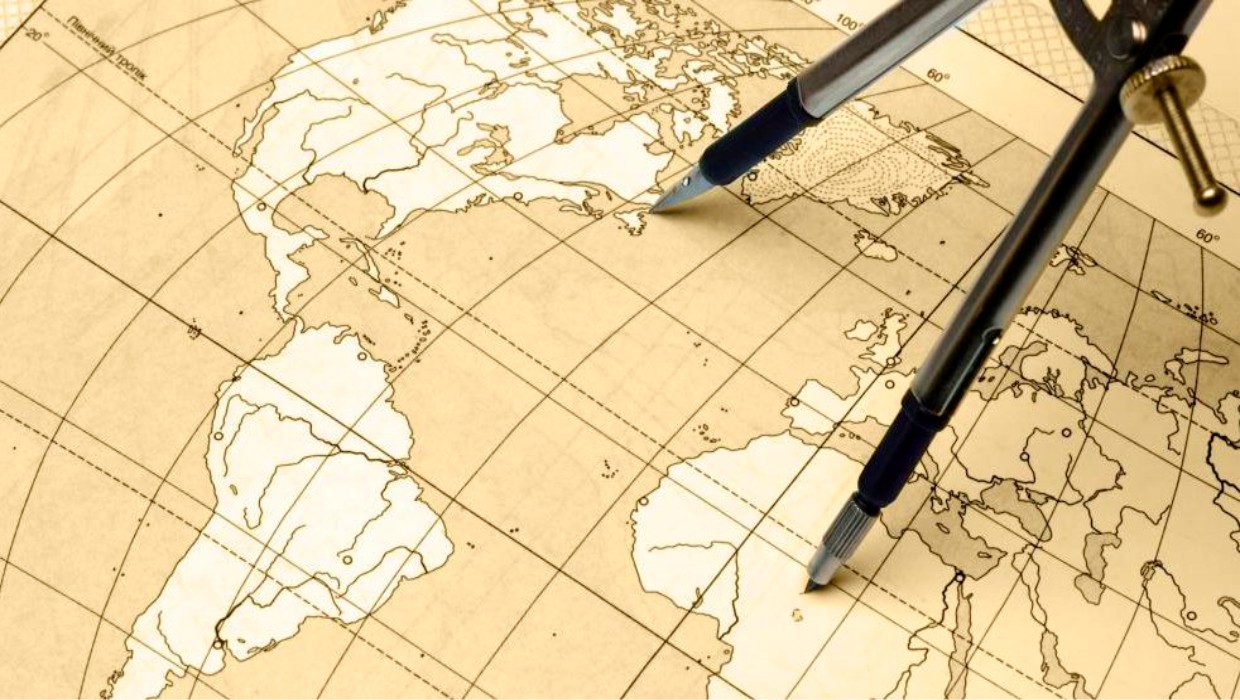Navigating the Terrain of Cartography: Exploring Synonyms for "Map Maker"
Related Articles: Navigating the Terrain of Cartography: Exploring Synonyms for "Map Maker"
Introduction
With enthusiasm, let’s navigate through the intriguing topic related to Navigating the Terrain of Cartography: Exploring Synonyms for "Map Maker". Let’s weave interesting information and offer fresh perspectives to the readers.
Table of Content
Navigating the Terrain of Cartography: Exploring Synonyms for "Map Maker"

The act of crafting maps, of transforming abstract geographical data into tangible visual representations, has been a cornerstone of human civilization for millennia. The individuals responsible for this crucial task, traditionally known as "map makers," have played a vital role in shaping our understanding of the world and facilitating exploration, navigation, and communication. However, the term "map maker" itself can feel somewhat antiquated, lacking the nuance and breadth to encompass the diverse roles and responsibilities of those involved in the modern cartographic landscape.
This article delves into the multifaceted world of map creation, exploring a range of synonyms for "map maker" that reflect the evolving nature of the field and the diverse skills required. By understanding the nuances of these synonyms, we gain a deeper appreciation for the complexities of mapmaking and the crucial contributions of those who shape our visual understanding of the world.
Beyond the Traditional: Unveiling the Spectrum of Cartographic Roles
The term "map maker" often conjures images of solitary figures meticulously plotting geographical features on parchment. While this image holds a certain romantic appeal, it fails to capture the dynamic and collaborative nature of modern cartography. Today, map creation involves a diverse array of specialists, each contributing their expertise to the final product.
1. Cartographer: This term serves as the most direct and encompassing synonym for "map maker." It encompasses the broad range of skills and responsibilities associated with map creation, from data collection and analysis to design and visualization. Cartographers are often highly skilled in geographic information systems (GIS), spatial analysis, and data visualization techniques.
2. Geospatial Analyst: This title emphasizes the analytical aspect of mapmaking. Geospatial analysts use data-driven approaches to understand spatial patterns, relationships, and trends. They are experts in spatial analysis software and techniques, often employed in fields like urban planning, environmental science, and public health.
3. Map Designer: This synonym highlights the creative and artistic aspects of map creation. Map designers focus on the visual presentation of data, ensuring clarity, aesthetic appeal, and effective communication of information. They possess strong design skills, understanding of visual hierarchy, and an eye for detail.
4. GIS Specialist: This term emphasizes the technical expertise required for working with geographic information systems. GIS specialists are responsible for managing, analyzing, and visualizing geospatial data. They are skilled in software like ArcGIS, QGIS, and other GIS platforms.
5. Remote Sensing Specialist: This title reflects the growing role of satellite imagery and aerial photography in modern cartography. Remote sensing specialists use specialized sensors and techniques to acquire and analyze data from remote sources, contributing to the creation of high-resolution maps and geospatial datasets.
6. Data Scientist (Geospatial): This emerging role bridges the gap between data science and cartography. Geospatial data scientists apply data mining, machine learning, and statistical analysis techniques to understand and interpret spatial data, contributing to the development of sophisticated maps and spatial models.
7. Cartographic Technician: This term refers to individuals who provide technical support and assistance to cartographers and other professionals. They may be involved in data processing, map production, quality control, and other tasks related to the creation and dissemination of maps.
8. Map Curator: In the context of historical maps and archives, this term describes individuals responsible for preserving, managing, and interpreting collections of maps. Map curators possess expertise in cartographic history, map identification, and archival practices.
9. Map Librarian: This title refers to individuals working in libraries and archives who specialize in map collections. They are responsible for cataloging, organizing, and providing access to map resources for researchers and the public.
10. Geographer: While not directly synonymous with "map maker," geographers play a crucial role in the understanding and interpretation of geographical data. They use maps and other spatial tools to study the Earth’s surface, analyze human-environment interactions, and contribute to the development of effective spatial solutions.
Understanding the Importance of Synonymity
The use of diverse synonyms for "map maker" reflects the evolving nature of the field and the increasing specialization within cartography. Each term highlights specific aspects of the profession, revealing the complex interplay of technical expertise, creative skills, and analytical thinking that underpins map creation.
By employing these synonyms, we move beyond a simplistic understanding of mapmaking and recognize the diverse roles and contributions of individuals who shape our visual understanding of the world. This broader perspective allows for a more nuanced appreciation of the complexities of cartography and the crucial role it plays in various fields, from urban planning and environmental science to historical research and navigation.
FAQs: Addressing Common Queries about Map Maker Synonyms
1. What is the difference between a cartographer and a geospatial analyst?
While both roles involve working with geographic data, cartographers focus on the creation and visualization of maps, while geospatial analysts emphasize the analysis and interpretation of spatial patterns and relationships. Cartographers are more concerned with the visual presentation of data, while geospatial analysts delve deeper into data-driven insights.
2. Why is the term "map maker" considered outdated?
The term "map maker" often implies a solitary figure working with traditional tools and techniques. Modern cartography involves a diverse range of specialists, each contributing their expertise to the final product. Using synonyms like "cartographer," "geospatial analyst," or "GIS specialist" better reflects the collaborative and multifaceted nature of the field.
3. Are map designers essential for creating effective maps?
While not all maps require a dedicated map designer, a skilled designer can significantly enhance the clarity, aesthetics, and effectiveness of a map. They can ensure that the visual presentation of data is clear, engaging, and effectively communicates the intended message.
4. What are the benefits of using geographic information systems (GIS) in cartography?
GIS provides powerful tools for managing, analyzing, and visualizing geographic data. It allows cartographers to create interactive maps, perform spatial analysis, and develop sophisticated spatial models, leading to more accurate, informative, and insightful maps.
5. What is the future of mapmaking?
The future of mapmaking is likely to be driven by advancements in technology, data science, and artificial intelligence. We can expect to see more sophisticated maps, incorporating real-time data, 3D visualizations, and interactive features, further enhancing our understanding of the world and its complexities.
Tips for Choosing the Right Synonym
When choosing a synonym for "map maker," consider the specific context and the emphasis you want to convey.
- If you are focusing on the technical aspects of map creation: Use terms like "cartographer," "GIS specialist," or "geospatial analyst."
- If you are emphasizing the creative and artistic aspects: Use terms like "map designer" or "cartographic artist."
- If you are highlighting the analytical side of mapmaking: Use terms like "geospatial analyst" or "data scientist (geospatial)."
- If you are discussing historical maps and archives: Use terms like "map curator" or "map librarian."
Conclusion: Recognizing the Importance of Cartography
The act of mapmaking, regardless of the specific synonym used to describe it, remains a vital aspect of human understanding and interaction with the world. The individuals who engage in this multifaceted field, from cartographers to geospatial analysts and map designers, contribute to our ability to explore, navigate, and make informed decisions based on spatial data.
As technology continues to evolve, the field of cartography will continue to adapt and innovate, leading to even more sophisticated and insightful maps that shape our understanding of the world around us. By recognizing the diverse roles and contributions within this field, we can appreciate the profound impact of cartography on our lives and the importance of those who dedicate their skills to shaping our visual understanding of the world.








Closure
Thus, we hope this article has provided valuable insights into Navigating the Terrain of Cartography: Exploring Synonyms for "Map Maker". We thank you for taking the time to read this article. See you in our next article!